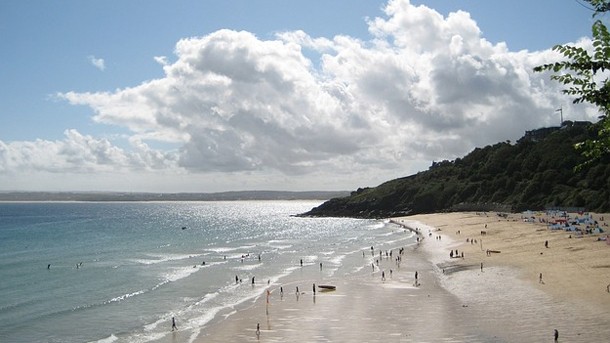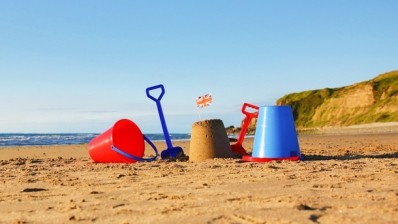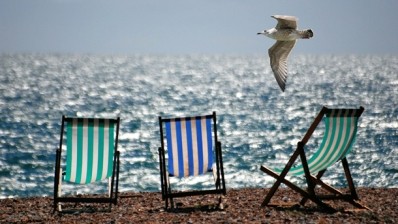Travel trends: Consumer spending set to rise on shorter 'staycations'

Just 19 per cent of people are taking a two week holiday this year, down from 35 per cent in 2011, while almost half have booked four short holidays throughout the year.
Hospitality businesses are set to benefit from a rise in spending, with 80 per cent of respondents stating that they are willing to spend more during staycations than on trips abroad.
This trend will boost the UK economy by £16.5bn, up from £14.8bn in 2014, Travelodge has predicted.
British holidaymakers are predicted to spend an average of £501.28 on their UK staycation, an increase of £70.95 on 2014, and up £102.00 on 2013.
Shakila Ahmed, Travelodge spokeswoman, said: “We have become a nation of value seekers post-recession and in order to get the maximum benefit from our holiday entitlement we are using our allowance in bursts throughout the year rather than all in one go.
Ahmed said the trend was evident across Travelodge’s 504 UK hotels; with bookings for short breaks during the summer and key holiday periods up throughout 2015.
“This growth in people booking short breaks is mostly seen in key seaside locations,” she said.
Destinations
The survey indicated a resurgence of the traditional seaside holiday, with 56 per cent of Britons heading to coastal destinations such as Cornwall, Devon, Blackpool, Brighton and Bouremouth.
Thirty-five per cent of people favoured rural breaks in The Lake District, Yorkshire Dales, Scottish Highlands and the Norfolk Broads.
City breaks fell in popularity from 37 per cent to 25 per cent year-on-year, with London, Edinburgh, York, Bristol and Liverpool remaining the top choices of destination.
Travelodge’s findings were based on a survey of 3000 British adults.


























